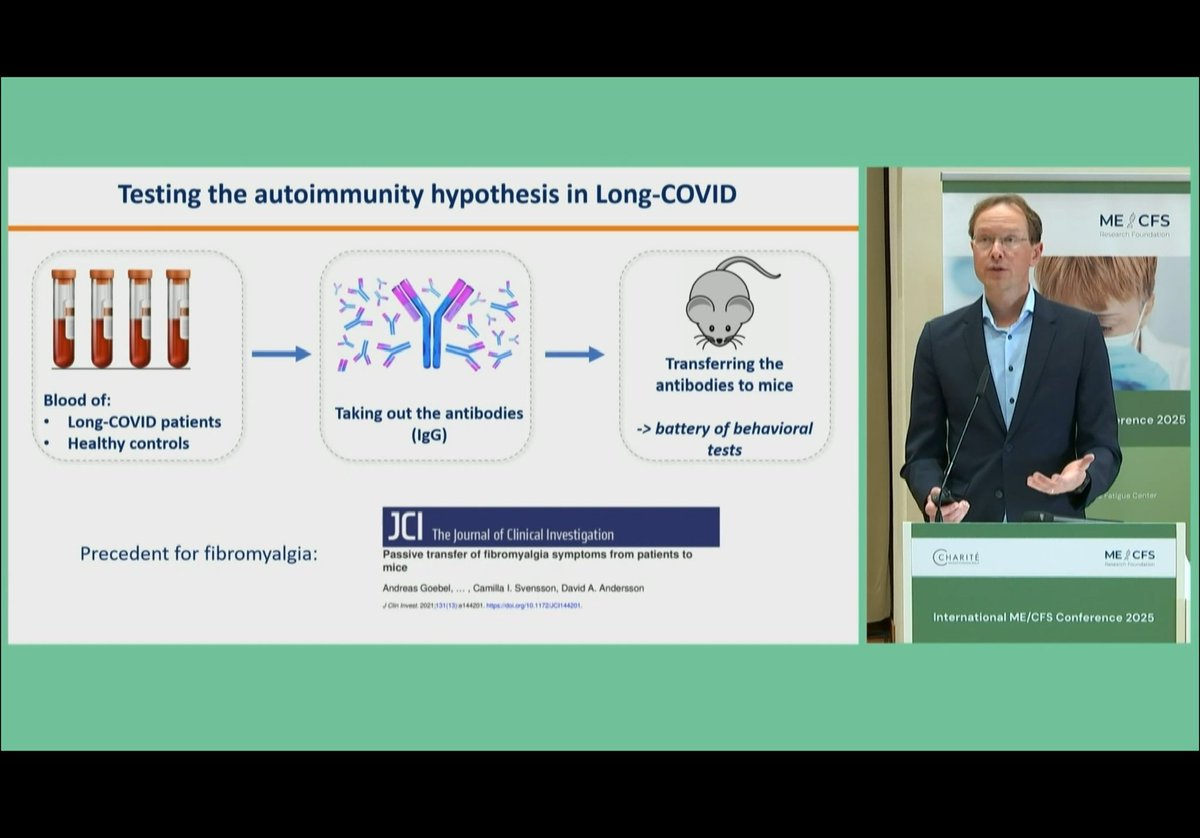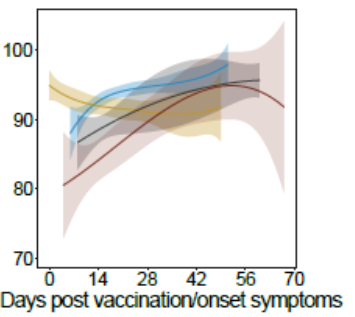
Principal Investigator at the Amsterdam UMC. Studying antibody-dependent inflammation during infection, arthritis, and (long) covid.
3 subscribers
How to get URL link on X (Twitter) App



 First of all, this quote from @C_Scheibenbogen: “The most expensive thing we can do is not fund biomedical research and trials." Nothing to add there... 2/7
First of all, this quote from @C_Scheibenbogen: “The most expensive thing we can do is not fund biomedical research and trials." Nothing to add there... 2/7 


